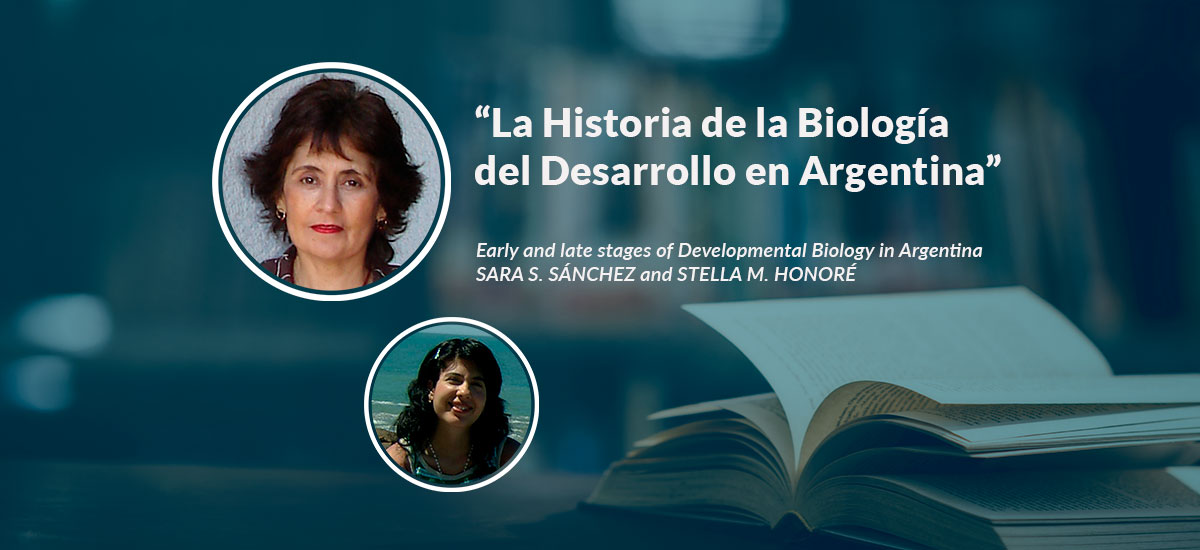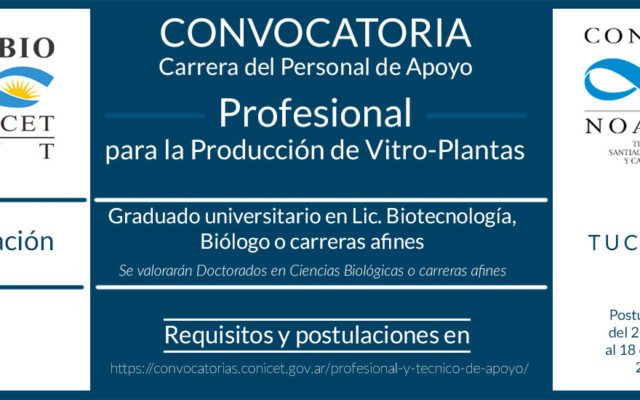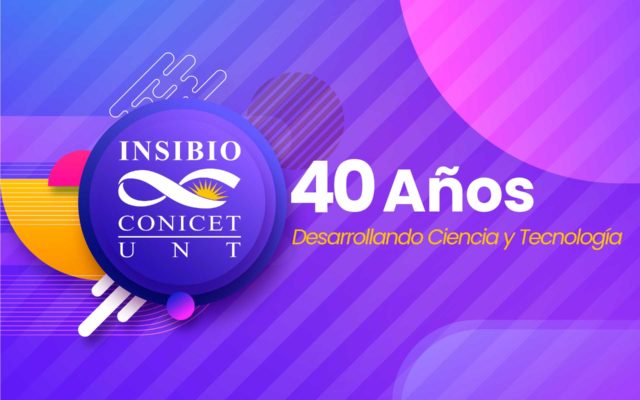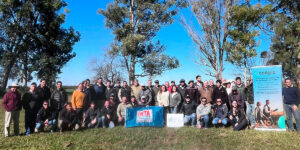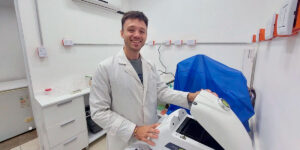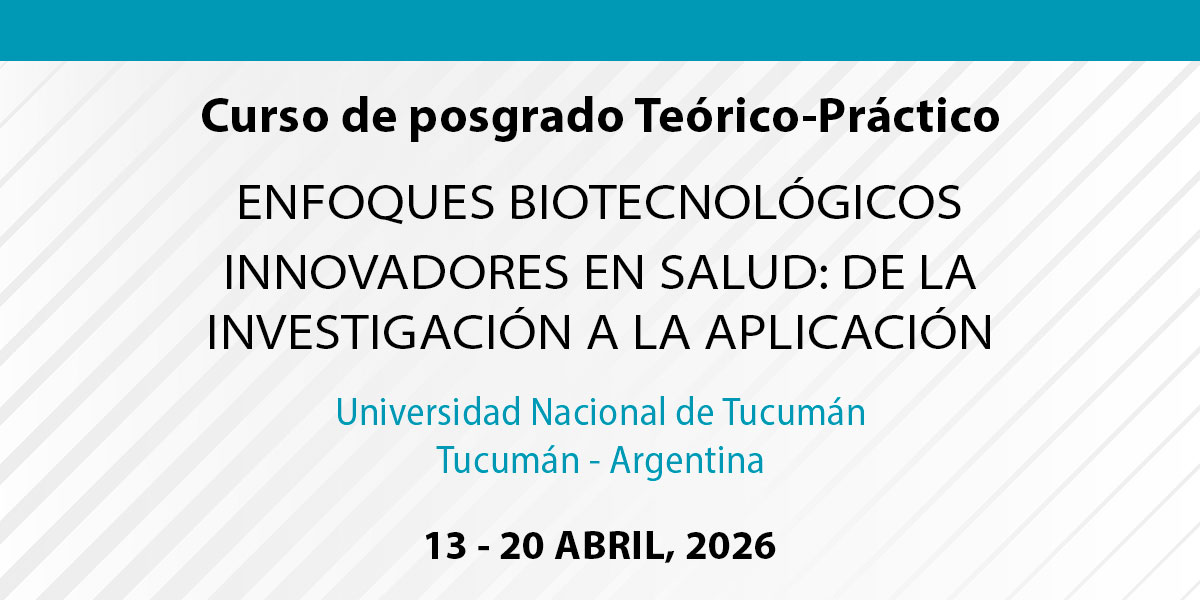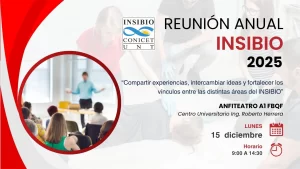Así realizaron 2 referidos a Iberoamérica 2021, para los cuales fue invitada la Dra. Sara Serafina Sánchez para escribir: “La Historia de la Biología del Desarrollo en Argentina.”
Frente a este desafío contó con la excelente colaboración de la Dra. Stella Maris Honoré.
Desde aquí las investigaciones y el interés por los estudios del desarrollo, actualmente más conocidos como genética del desarrollo, se difundieron por todo el país.
El Dr. Barbieri fue el director del primer Instituto de doble dependencia (UNT- CONICET) y que posteriormente dio lugar al INSIBIO, como lo comentó varias veces el Dr. Ricardo Farías.
Estos hechos son importantes para el conocimiento de los más jóvenes que no conocieron a los que sentaron las bases de nuestras instituciones y que dieron lugar a los actuales grupos de investigación en Tucumán y en resto del país.
SARA S. SÁNCHEZ*,1,2 and STELLA M. HONORÉ1,2
Instituto Superior de Investigaciones Biológicas (INSIBIO, CONICET-UNT) and 2Instituto de Biología “Dr. Francisco D. Barbieri”, Facultad de Bioquímica, Química y Farmacia, Universidad Nacional de Tucumán, Tucumán, Argentina
ABSTRACT
The history of science in Argentina is based on the enormous contribution that the great immigration of the 19th and 20th centuries produced in the country. The scientific and philosophical ideas and the role played especially by Italian scientists who arrived in the country produced a great impact on the different disciplines including Development Biology in emerging universities. The University of Tucumán pioneered the study of experimental biology, making important contributions to reproductive biology and to the early development of amphibians. The contribution of the Italian embryologist Armando Pisanó and the Argentinian Francisco D. Barbieri expanded the field to other universities and research centers located in Córdoba, La Plata, Bahía Blanca and Rosario. Given its strategic position, laboratories located in the city of Buenos Aires reached technological advances faster than others. Indeed, these laboratories saw the evolution from experimental biology to developmental genetics, renewing interest in this area. Currently, Developmental Biology brings together young researchers eager to consolidate regional and global collaboration networks that seek to help solve specific problems such as fertility, epigenetics, stem cells and tissue engineering.

